
Learn how much butcher block countertops cost to install based on their size, thickness, material, and local labor rates.
Remodeling a kitchen costs an average of $26,954


The average range for kitchen remodel costs is between $14,582 and $41,534, with an average price of $26,954.
Key factors include kitchen size, material quality, labor, and layout changes.
Most projects cost $75 to $250 per square foot on average.
Remodeling can enhance both the value and functionality of a home.
Working with professionals when remodeling your kitchen ensures high-quality, durable results.
This article was updated using automation technology and thoroughly reviewed for accuracy by HomeAdvisor Editor Ryan Noonan.
Most homeowners remodel their kitchens every 10 to 15 years. On average, you can expect to spend between $14,582 and $41,534, with an average cost of $26,954. That translates to $75 to $250 per square foot, depending on your kitchen’s size, material choices, and any layout changes.
Although a remodel can sideline your kitchen for several weeks, a well-executed project can boost both your home’s value and its day-to-day functionality. To determine the cost of remodeling a kitchen, use our kitchen remodel guide below and review our detailed cost breakdown by scope, size, labor, and features.
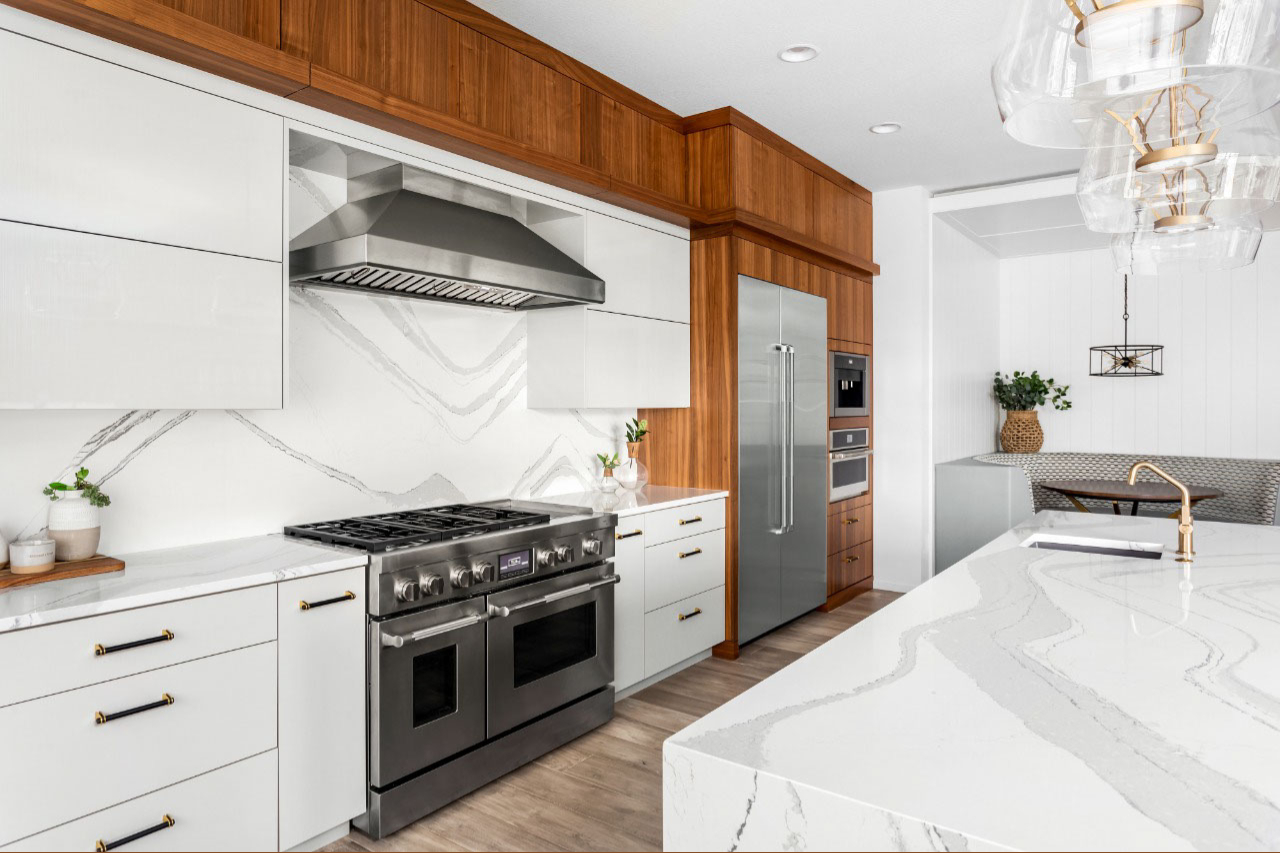
The cost of your kitchen remodel project depends on your project scope and the extent of the changes you’re making to your space. Here’s a closer look at how various scope levels are priced.
Even on a tight budget, you can give your kitchen a refresh. Minor updates start at $3,500, and most homeowners spend between $10,000 and $20,000. Use the tips below to stretch every dollar:
Skip custom cabinets: Cabinets account for nearly 30% of the budget for kitchen remodels. Save with stock products or reface or refinish existing cabinets instead of replacing them. Refacing cabinets costs $4,270 to $10,200, while refinishing cabinets costs $1,900 to $4,500.
DIY what you can: See where you can handle installation and replacement yourself.
Tackle the project in stages: Break the project into smaller phases so you only save for one thing at a time.
Focus on must-have updates: Upgrade materials and appliances that truly need updating. If your budget allows, consider replacing appliances to increase visual appeal and return on investment (ROI).
Minor kitchen remodels cost $10,000 to $20,000. At this price range, you can touch most or all parts of the kitchen, but may need to choose lower-end materials. With this budget, you can upgrade appliances, repaint walls, install new faucets, and add a backsplash.
If your budget is between $20,000 and $65,000, you can make major upgrades with high-quality materials: energy-efficient built-ins, custom cabinets, commercial-style range, coffee station, a seating island, new flooring, light fixtures, and upscale hardware.
Gutting the kitchen and changing the layout adds costs for plumbing, electrical, walls, and flooring. Total makeovers can range from $65,000 to $130,000 or more. Ultra-high-end choices can push costs above $130,000.
For total overhauls and layout changes, budget for:
The labor to knock down walls and gut the kitchen
Plumbing costs for new pipes and hookups
Electrical rewiring costs for appliances and lighting
What kind of cook are you? Different cooks have different needs. Frequent hosts may need space for two ovens.
Will you use the kitchen only for cooking? Consider room for dining, entertaining, and everyday use.
How long will I live here? If moving soon, stick to universally appealing designs.
Who uses the kitchen? Plan lower workspaces and accessible appliances if needed.
What are my must-haves? Identify nonnegotiable features and where you can choose lower-cost alternatives.
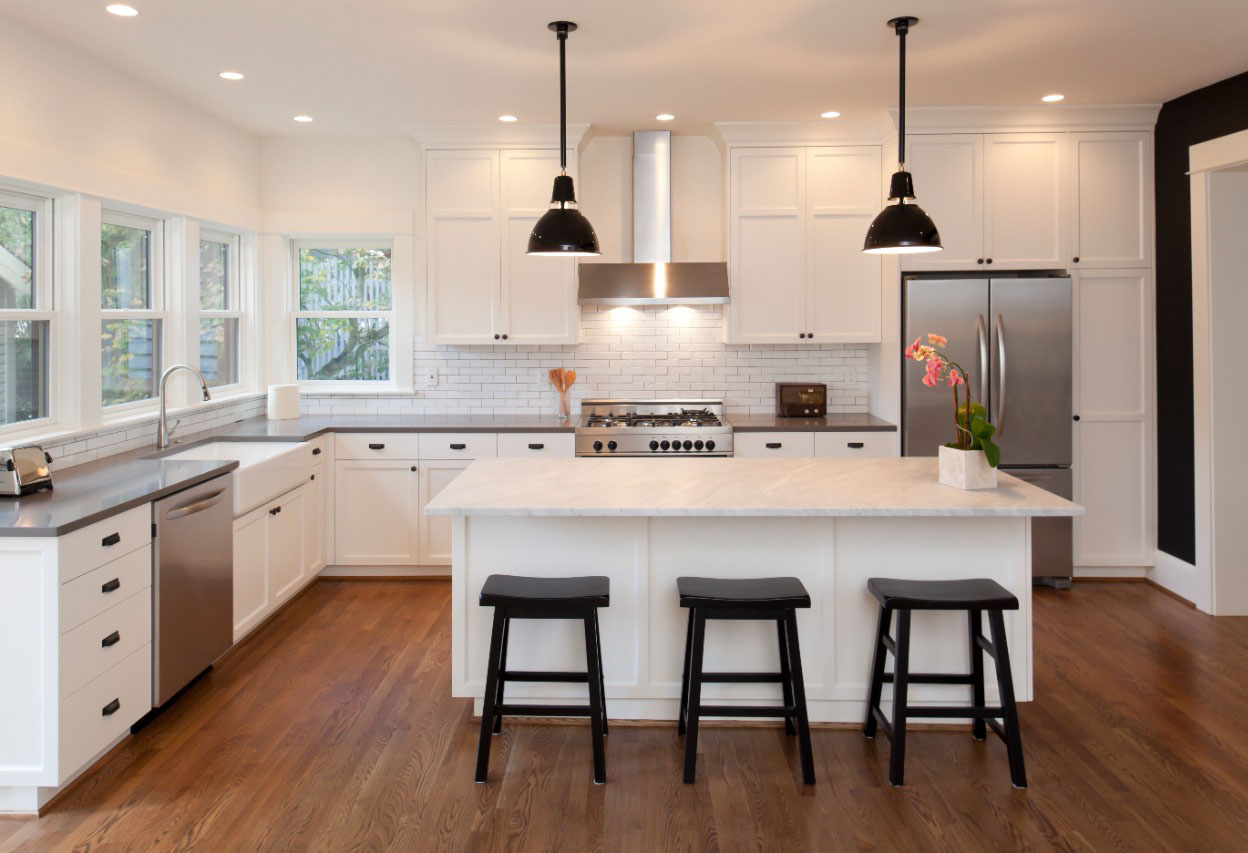
Several factors affect the total cost of a kitchen remodel, including size, labor, material quality, appliances, and the extent of the renovation.
The average kitchen remodel costs $75 to $250 per square foot, including materials, appliances, and labor. The larger the kitchen, the higher the cost.
| Kitchen Size (Sq. Ft.) | Average Cost Range |
|---|---|
| 75 | $5,600–$17,500 |
| 100 | $7,500–$25,000 |
| 150 | $11,250–$37,500 |
| 200 | $15,000–$50,000 |
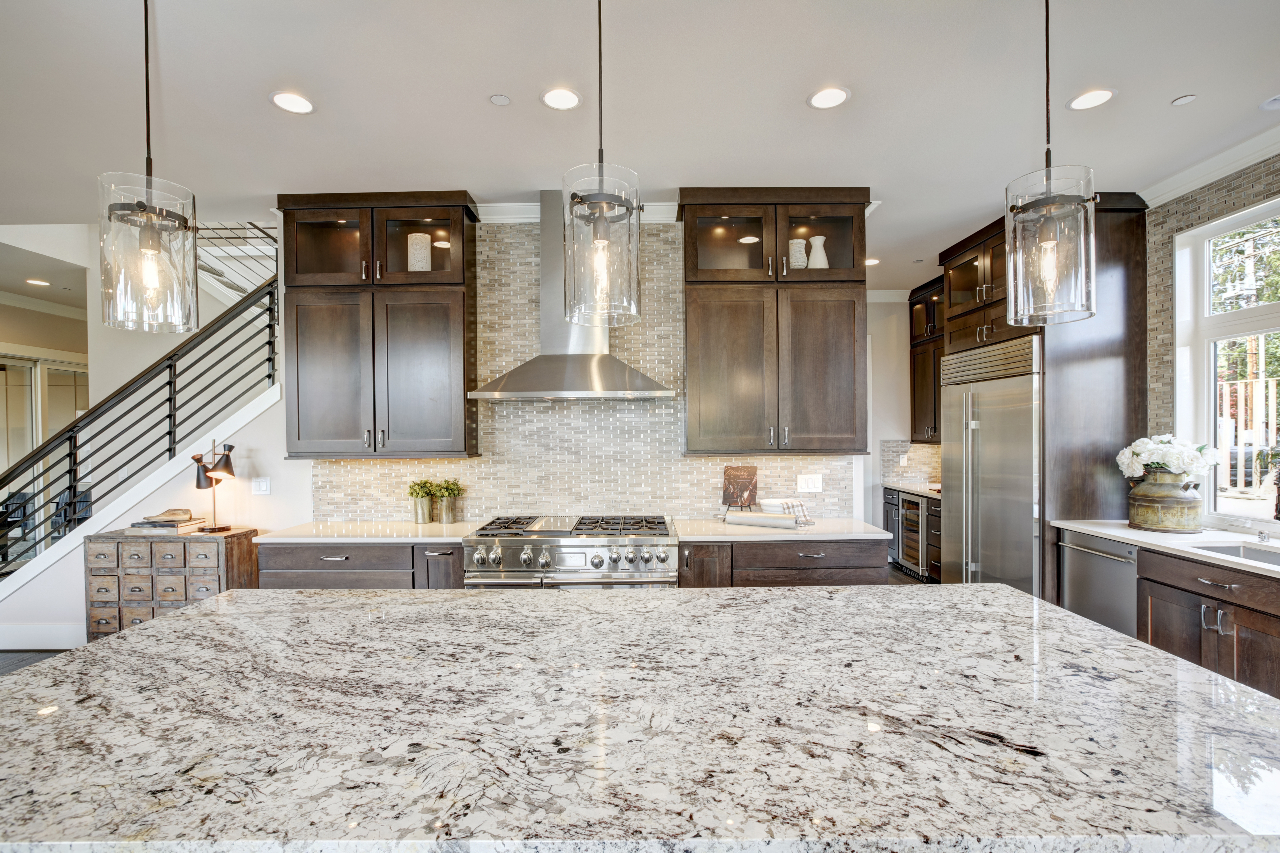
Professional kitchen designers cost $65 to $250 per hour. Hiring a designer uses an average of 3% of your renovation budget.
Plan for labor at 25% of total renovation costs. Larger projects benefit from a local kitchen remodeling contractor. Budget-friendly tasks, such as painting or installing a new dishwasher, can be DIY opportunities.
Where you live impacts kitchen remodel costs due to regional material and labor price differences.
| U.S. Region | Average Cost Range |
|---|---|
| Northwest | $25,600–$61,100 |
| Rocky Mountains | $12,700–$39,600 |
| Southwest | $12,350–$33,950 |
| Mountain Prairie | $6,000–$37,400 |
| Midwest | $10,300–$34,300 |
| Southeast | $12,000–$32,200 |
| Mideast | $13,600–$37,650 |
| Northeast | $10,800–$40,400 |
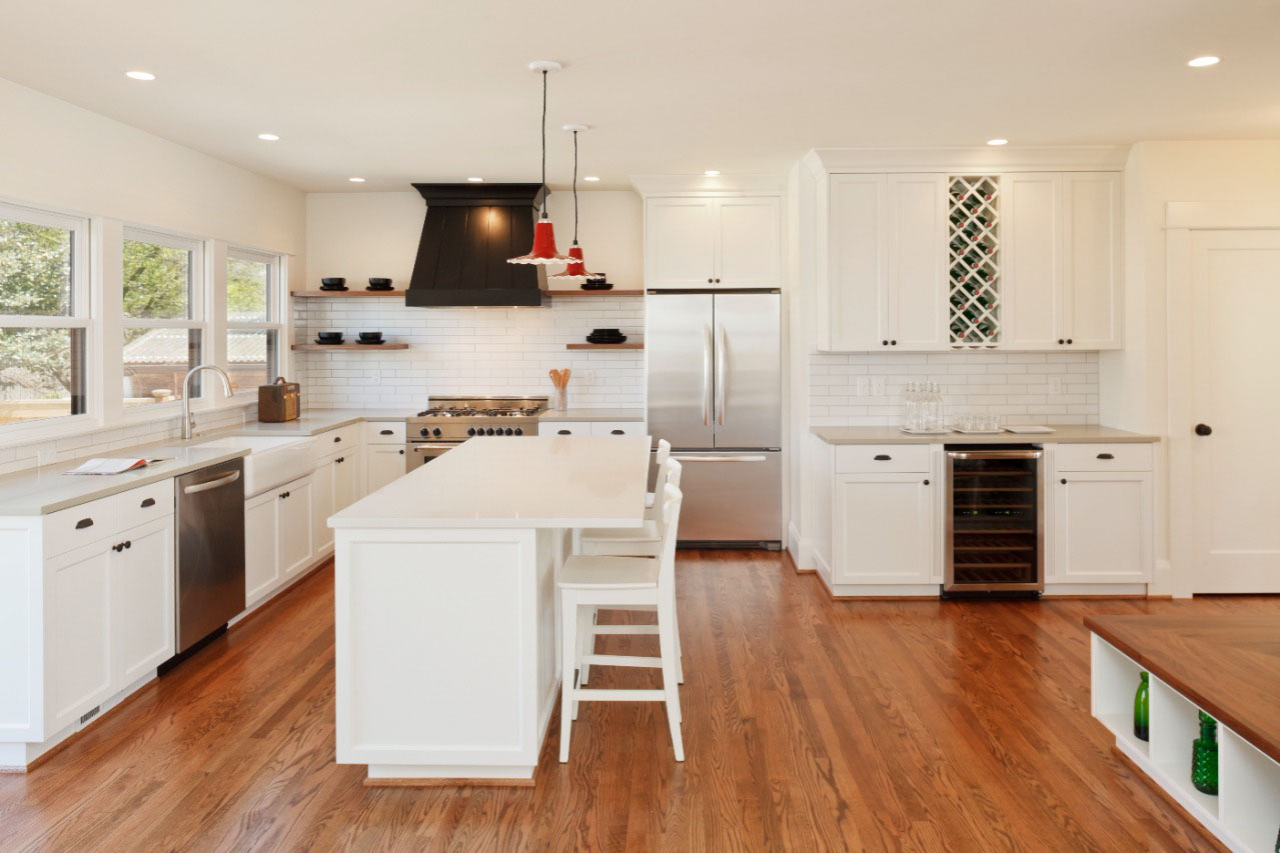
Kitchen cabinet installation averages $2,000 to $928,000, with products costing $100 to $1,200 per linear foot or more. Cabinets are the most expensive kitchen element, but they drive curb appeal and resale value. For budget-friendly renovations, consider refacing existing cabinets.
| Cabinet Type | Cost per Linear Ft. (All-In) |
|---|---|
| Stock | $100–$300 |
| Custom | $500–$1,200+ |
Kitchens require many handles, knobs, and pulls. Quality, style, and material all affect the cost, ranging from $1 per unit on the low end to $500 for high-end pieces. Most homeowners pay $2 to $3 per knob.
Installing countertops costs $1,870 to $4,400, depending on material and size, though high-end material choices can push costs above $10,000.
| Countertop Material | Average Cost per Sq. Ft. | Features |
|---|---|---|
| Granite | $10–$140 | Eco-friendly; easy to clean; scratches and burns easily |
| Soapstone | $20–$70 | Durable; heat- and stain-resistant; requires maintenance |
| Marble | $15–$190 | Durable; many colors; stain-resistant |
| Slate | $30–$90 | Durable; scratch- and heat-resistant; porous |
| Limestone | $10–$70 | Inexpensive; easy to clean |
| Travertine | $11–$35 | Heat-resistant; stains and scratches easily |
| Quartz | $15–$70 | Durable; easy to clean |
| Corian | $20–$75 | Stain-resistant; durable |
| Laminate | $8–$35 | Durable; stain-resistant |
| Ceramic or porcelain | $1–$40 | Heat-resistant; scratches and etches easily |
| Wood | $18–$38 | Nonporous; scratch-resistant |
| Stainless steel | $60–$100 | Durable; scratch-prone |
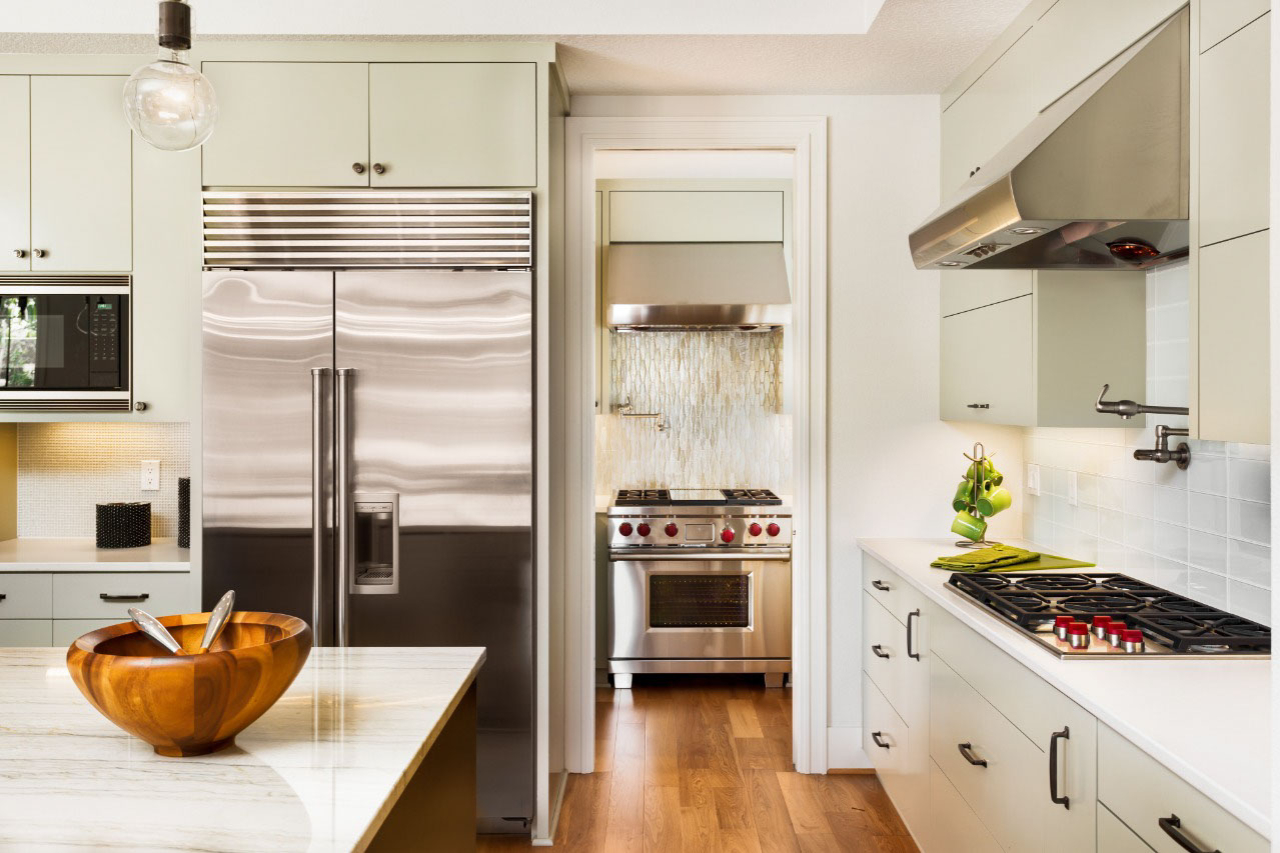
Installing kitchen appliances costs between $125 and $5,00 per appliance.
Flooring installation costs $1,000 to $4,000. Vinyl and linoleum are affordable but less durable; tile, granite, and wood add value but cost more and may require maintenance. Choose based on cleaning and durability needs.
| Flooring Material | Average Cost per Sq. Ft. | Features |
|---|---|---|
| Ceramic tile | $4–$40 | Durable; chips and cracks |
| Laminate | $3–$10 | Inexpensive; requires maintenance |
| Linoleum | $3–$7 | Stain-resistant; needs upkeep |
| Natural stone | $6–$20 | $6–$20 |
| Wood | $6–$22 | Wear-resistant; needs maintenance |
| Sheet vinyl | $3 | Durable; may emit VOCs |
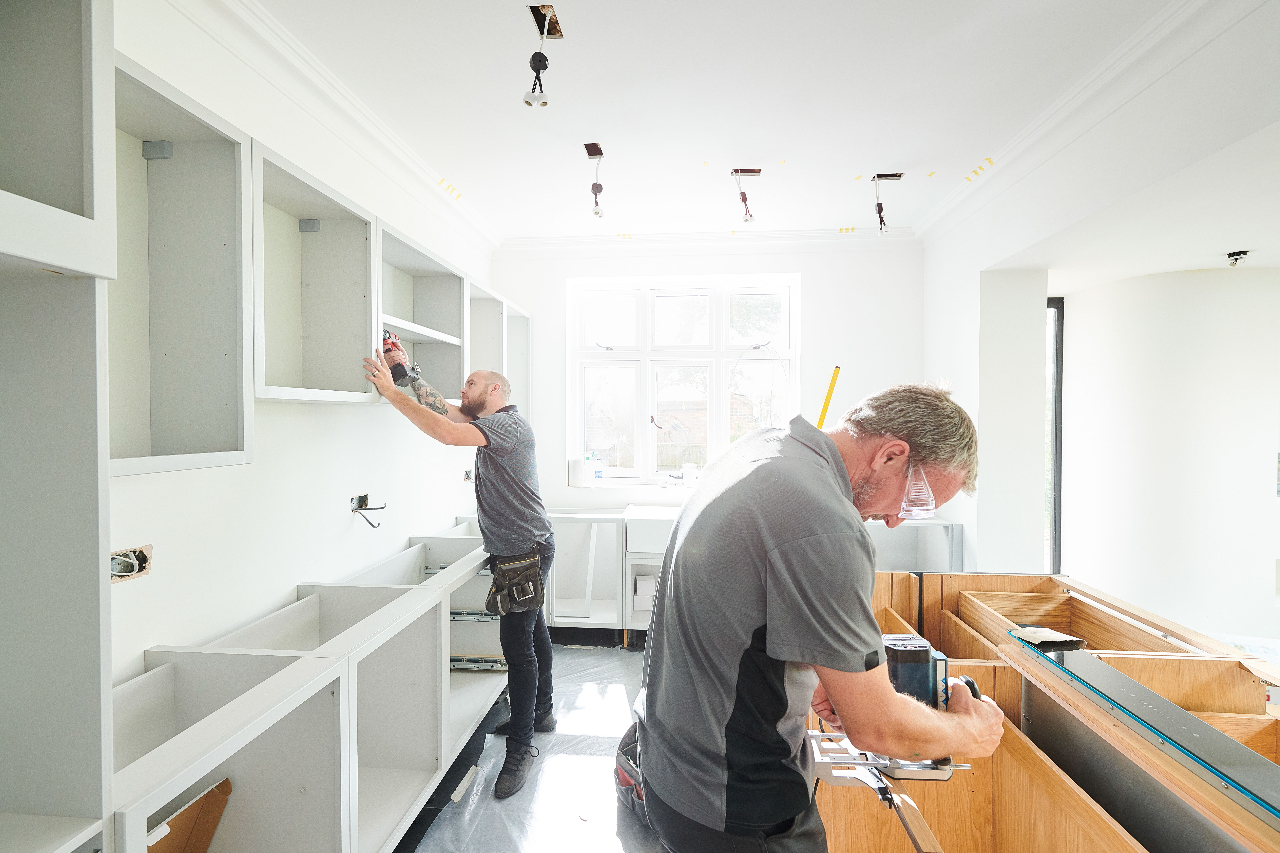
Moving water lines and drains often requires new pipes, costing an average of $1,2500. You may need a permit and a local plumber.
Installing a new faucet costs $260 on average. If the layout is unchanged, installing a sink costs $420.
Hiring a contractor to install a tile backsplash costs $500 to $1,700 in total, or $15 to $40 per square foot when installed with tile. DIY subway tile runs $7 to $13 per square foot plus materials and tools.
Electricians charge $50 to $100 per hour. Plan for panel upgrades, which cost $520 to $2,000, and outlet/fixture relocation, which costs an average of $220. Electrical work makes up ~5% of a kitchen remodel.
Moving a gas line costs $375 to $750. Converting to gas from electric adds $130 to $2,000 for line work plus appliance cost. You’ll also need to hire a gas plumber and an electrician.
Lighting fixture installation varies; pendant or accent lights add style. Recessed lighting costs $100 to $300 per fixture.
Permits for a kitchen remodel cost between $460 and $2,770, depending on your project scope and your local building regulations.
Remodeling and renovating a kitchen involve different scopes—and therefore different price tags—even though many contractors use the terms interchangeably.
Renovating keeps the layout intact while refreshing surfaces, appliances, and floors. Remodeling means gutting part or all of the space and changing the layout, so it costs more than a renovation.
Make a budget: Set a spending limit and share it with contractors to set realistic expectations.
Stick with mid-range materials: Opt for functional lighting and stock cabinetry; apply cost-saving principles to hardware and appliances.
DIY when possible: Leave plumbing, gas lines, and structural work to pros—but tackle backsplash, flooring, or painting yourself.
Basic updates, such as painting, appliance replacements, or refinishing a few cabinets, are DIY-friendly. Moderate to extensive remodels involving plumbing, electrical, or structural changes require professionals to ensure proper permitting, code compliance, and workmanship. Contact a local kitchen remodeling pro to handle complex plumbing or electrical tasks safely and efficiently.
No place is more important than your home, which is why HomeAdvisor connects homeowners with local pros to transform their houses into homes they love. To help homeowners prepare for their next project, HomeAdvisor provides readers with accurate cost data and follows strict editorial guidelines. We surveyed over 10,000 real customers about their project costs to develop the pricing data you see, so you can make the best decisions for you and your home. We pair this data with research from reputable sources, including the U.S. Bureau of Labor Statistics, academic journals, market studies, and interviews with industry experts—all to ensure our prices reflect real-world projects.
From average costs to expert advice, get all the answers you need to get your job done.

Learn how much butcher block countertops cost to install based on their size, thickness, material, and local labor rates.

Unsure who to hire to test for lead paint? Learn whether to call a lead testing specialist or contractor and what to expect.

Learn how to find and hire painters, plus 10 questions you should always ask before choosing a pro.

Learn our top tips for finding and hiring an electrician you can count on!
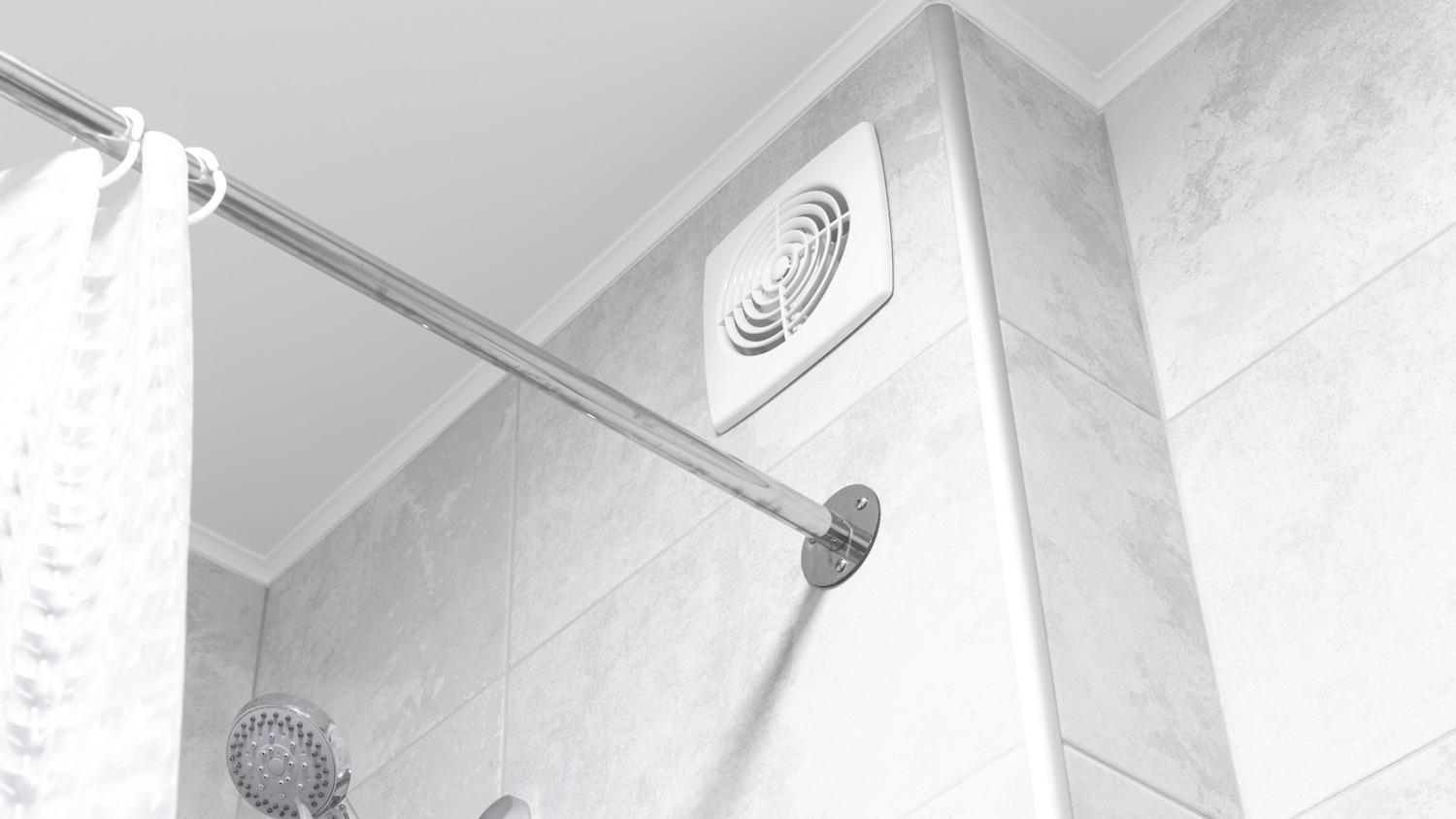
Who to hire to install a bathroom exhaust fan? Learn who to call, compare pro options, and plan a safe, code‑compliant install.